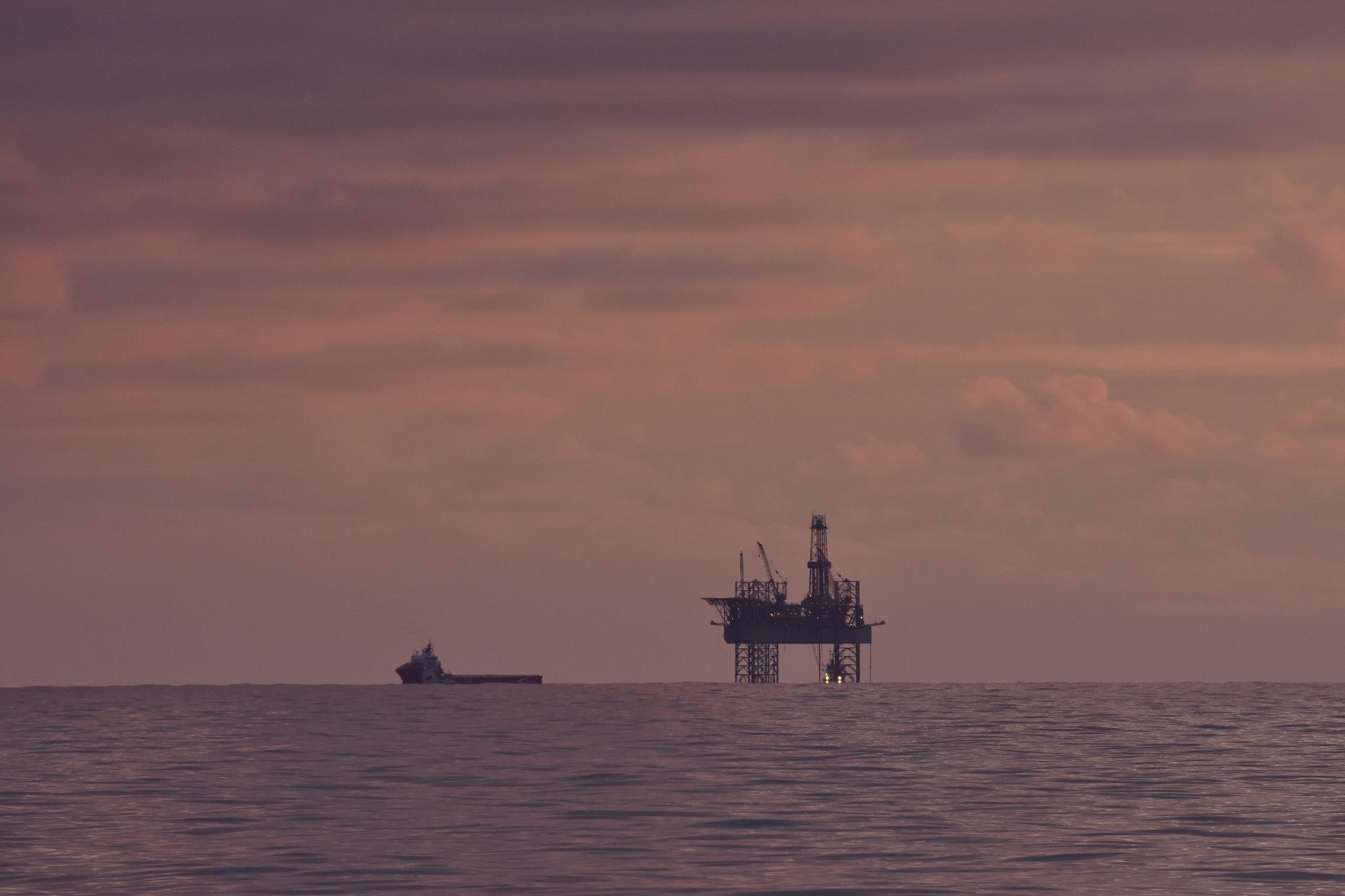New oil and gas licences: 22% of overlap with protected areas
Press Release Date: November 7, 2023
Location:
Contact:
Daisy Brickhill | email: dbrickhill@oceana.org
- As the King’s speech lays out new ways to license oil fields in the North Sea, Oceana UK has revealed that six new oil and gas licences cover some ‘protected’ areas of UK waters, threatening internationally important marine wildlife.
- The environmental assessment of the impacts these licences have on wildlife occurred behind closed doors, without external scrutiny.
- Oceana UK strongly disputes conclusions that protected areas will remain unharmed.

@Oceana
The six newly approved oil and gas licences in the North Sea will overlap with protected marine areas, giving oil giants permission to search for oil and gas with damaging consequences for marine wildlife, the NGO Oceana has warned. Despite the risks, there was no public consultation on the environmental impacts of these licences, which took place behind closed doors without scrutiny from external experts. Given the severe damage that oil and gas exploration and development are known to cause ocean life and habitats, these actions are disingenuous and deeply harmful, says Oceana UK.
The North Sea Transition Authority announced 27 new oil and gas licences on 30 October, the first tranche of the 100 that the prime minister announced would be granted in July. Six of these will directly overlap with areas designated as marine protected areas or marine conservation zones.
The marine havens affected include the North-East Faroe Shetland Channel, which is used by a host of whale and dolphin species including sperm, minke and long-finned pilot whales, as well as orca, Atlantic white-sided dolphins and others. On the seabed, there are rare deep sea sponge communities that provide vital habitat for wildlife as well as blue carbon capture and storage.
In the exploration phase of these developments, seismic airgun surveys – which are used almost exclusively in offshore oil and gas exploration – emit an ear-splitting noise that is 100,000 times more intense than a jet engine. These blasts deafen animals that rely on echolocation like dolphins, and can cause feeding disruption and even death among a range of species.
The direct destruction of the seabed drilling carried out during both exploration and extraction would destroy the sponge communities and release the carbon they store into the atmosphere. As well as the risk of devasting large-scale oil spills, marine wildlife is vulnerable to the low-level but high-frequency oil spillages that are combined with microplastics and other toxic chemicals to create cocktail of pollutants caused by these developments.
“Blasting, drilling and polluting: if this is what passes for ‘protection’ I fear for our seas. Granting new oil and gas licences in our marine protected areas makes a mockery of our climate pledges, decimates our already suffering ocean life and threatens our coastal communities. By putting our MPAs up for sale to Big Oil this government is setting us on course for climate and ocean breakdown.
The UK’s beautiful and unique marine life is the jewel in our nation’s crown. Protecting it can help mitigate the climate crisis as well as providing stable jobs for the future. These new licences, however, will bring no public benefit, will not improve UK energy security or lower our energy bills. Short-term, eyewatering profits for oil and gas companies is an appalling reason to throw away our future.”
Hugo Tagholm Executive Director of Oceana UK
Despite acknowledging that the North-East Faroe Shetland Channel MPA has ‘high ecological importance’ and needs protection, given its current ‘unfavourable’ conservation status, the government assessment concluded that the oil and gas development would not hinder conservation objectives. Oceana UK strongly disputes this, pointing to the scientific literature that shows the serious harms caused by such developments.
ENDS
Notes for editors
- The full list of sites that will overlap with the new oil and gas developments are: the Faroe-Shetland Sponge Belt MPA, the North-east Faroe-Shetland Channel MPA, the Fulmar marine conservation zone, the East of Gannet MPA and the Montrose Fields MPA.
- Oil and gas licences give companies the exclusive rights to explore an area of sea and develop proposals for a new oil field development. Further approvals are needed before extraction can begin, but the marine impacts begin with seismic testing right at the start of exploration phases.
- Read the In Deep Water report.
